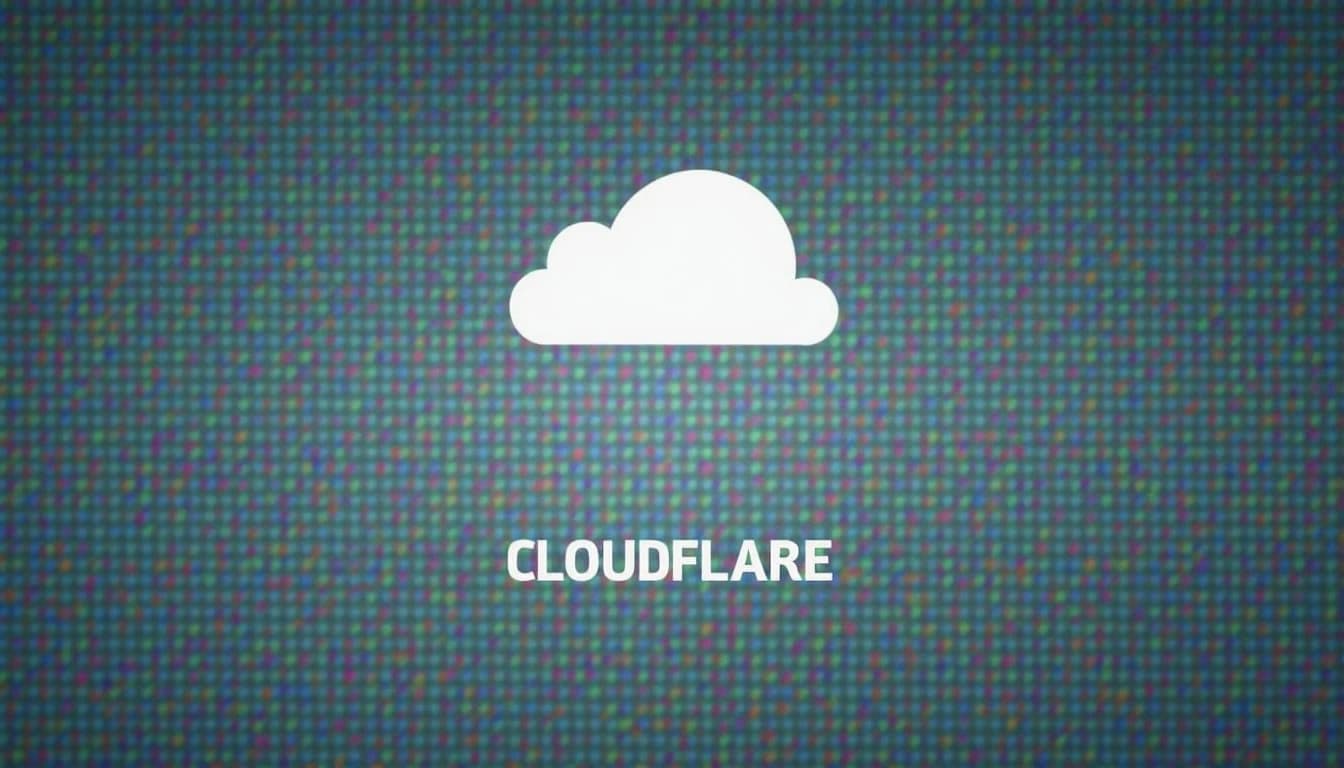The Paris Judicial Court Recognizes Cloudflare’s Technical Role as a Key Intermediary in the Dissemination of Illicit Content, Setting a Precedent in Europe
In a historic ruling issued on March 28, the Paris Judicial Court ordered Cloudflare to implement effective measures to block access from France to a series of websites that illegally broadcast the MotoGP 2025 championship. For the first time in the country, Cloudflare’s triple role as an alternative DNS provider, content delivery network (CDN), and reverse proxy service was formally recognized.
The decision, promoted by Canal+, the exclusive holder of the audiovisual rights to the championship in France, aligns with national legislation and the European framework of the Digital Services Act (DSA), representing a turning point in the fight against online piracy.
A New Legal Standard for Technical Intermediaries
The ruling establishes that Cloudflare, as a technical intermediary, can be legally required to prevent access to illicit content, even if it does not directly host that content. Among the imposed measures are DNS blocking, disabling the CDN for the flagged sites, and ceasing to use its reverse proxy, representing a coordinated, multi-service action.
The court also authorizes dynamic blocking measures for future domains that violate audiovisual rights, prior to notification from ARCOM, the French audiovisual regulator.
European Precedent: France, Italy, and Germany Move Against Digital Impunity
This new episode adds to a growing wave of legal action in Europe against Cloudflare. In Italy, Mediaset and Serie A have already secured similar rulings in 2024, forcing the company to cease services to pirate platforms like Guardaserie or to cooperate with the Piracy Shield system. In Germany, the Cologne Court recognized Cloudflare’s responsibility for facilitating the distribution of music content via its CDN, although it excluded its DNS service from the ruling.
With this new French ruling, a judicial line is solidified that considers providers like Cloudflare as key players in the transmission chain of illegal content, and therefore subject to obligations for blocking, cooperating with regulators, and implementing proportionate measures to cease infringement.
Practical Effects and Implications for the Tech Ecosystem
The decision is significant. It requires Cloudflare to block a list of 14 active domains (including tarjetarojaenvivo.lat, motogpstream.me, or livetv821.me), and imposes the application of preventive blocks on new domains that ARCOM identifies throughout the season. Although immediate coercive fines were dismissed, Canal+ is granted the authority to request their activation if Cloudflare fails to comply.
The court allowed Cloudflare the freedom to choose the technical mechanism for blocking but denied that its implementation would be disproportionate or technically unfeasible. The argument that few users access through alternative DNS was rejected, deeming the volume of users irrelevant compared to the cumulative impact on audiovisual rights.
Is This the End of Technical Neutrality?
This case raises important questions about the role of technology companies that have traditionally declared themselves “neutral.” The French court asserts that mere technical facilitation—such as translating domain names into IP addresses or acting as an intermediary between client and server—constitutes a form of “transmission” of content. Under this logic, passive neutrality ceases to be an effective defense against the growing regulatory power in Europe.
What Now?
For Cloudflare and similar companies, the message is clear: European courts are willing to extend responsibility to new actors in the digital chain. The pressure to actively collaborate against piracy is no longer limited to ISPs and search engines.
This ruling also reinforces ARCOM’s role as the central coordinator in France for enforcing sports rights, allowing for the quick blocking of new domains without the need for new court orders.
The fight against digital piracy enters a new phase, where judicial, regulatory, and technological collaboration will be essential to contain a global phenomenon that continues to challenge the limits of the digital ecosystem.
Information received from the press agency and judicial information from France.

